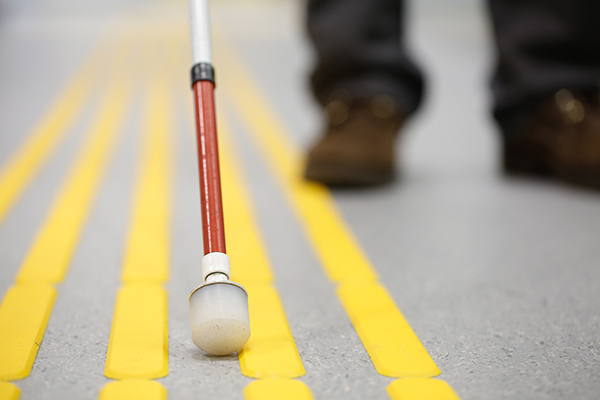Latest News Archive
Please select Category, Year, and then Month to display items
![]()
RAG has a new
name and format:
ACT—
Active, Civic, Teaching.
The University of the Free State (UFS) is ready to kick off the new year with a bang. Get ready to celebrate the start of university with a cause. RAG, as you know it, has a new name and format: ACT—Active, Civic, Teaching.
You get further if you pull in the same direction, rather than various good-intentioned movements on different routes. In a collective effort, four exciting programmes will take flight, which are listed below:
- Schools project for first-year students: mentored by senior students, groups of first-year students will be assigned to, and participate in local school projects. Students will learn to solve problems and work together in small groups as they collaborate on a specific community project involving primary or secondary schools in the Mangaung region.
- Community gardens: This project will help individual student communities to begin and maintain their own vegetable gardens in order to address food insecurity within their own environment.
- Eco-vehicle project for senior students: The aim of the eco-vehicle project is to create an interdisciplinary experience. Undergraduate senior students from a Student Life College (SLC) can work together to build an eco-vehicle from waste material. The track day, along with creative pit stops, will take place on 16 February 2018, preceding the Community celebration of 17 February 2018.
- Community celebration: To foster good relationships between the UFS and the community, we aim to host an annual celebration that will be open to the broader Mangaung community. The celebrations will kick off on the morning of 17 February 2018 with a business relay and a showcase of the eco-vehicles. The festive day will conclude with an evening music concert.
Keep checking the UFS website for updates about more ACT activities during the month of February.
Tactile paving assists visually impaired
2017-10-28

Tactile paving is being installed at pedestrian crossings to assist
visually-impaired persons at the UFS.
Photo: Supplied
Crossing roads and accessing buildings has always been a challenge for people with visual impairments. They had to rely on peripheral sounds, such as car brakes and cues. However, after the installation of tactile paving – paving with special textures assisting the visually impaired to feel the difference between walking around on campus and crossing the road, this will no longer be a problem at the University of the Free State (UFS).
This is one of several developments that University Estates’ Department of Facilities Planning has in the pipeline for 2017 in order to ensure that the university attains its key component in providing a high-quality student experience.
Maureen Khati, Assistant Director of Project Management: Facilities Planning, says, “We saw the need to install these paving blocks in strategic spaces, as identified by the Center for Universal Access and Disability Support (CUADS).” She says these blocks will make it easier for people with visual impairments.
Special features designed to aid visually-impaired persons
These installations have special features that will assist those students and employees with limited vision or blindness to navigate through pedestrian crossings and the different campus buildings. The university chose a unique design of tactile paving that focuses on warning and directing those with visual impairments.
UFS eager to improve accessibility and mobility
The university, and all the stakeholders involved in this initiative, are delighted to be embarking on this project and are looking forward to its successful execution. To improve accessibility and mobility, more accessible entrances and exits will be built, effective signage will be installed inside and outside buildings, but the most important aspect is that dedicated seating space will be made available in lecture rooms for special-needs students.
Khati says, “More focus has been put on installing ramps in all buildings to make them more accessible for people with disabilities, as well as other needs required to enhance accessibility at the UFS.”
For the UFS, this initiative is one of many to come, as extensive research is being done and priorities are implemented accordingly.